News

Veterans Day is a time to recognize individuals who have made the honorable decision to protect our country's freedom through military service. Below, we are honoring four of our of our very own faculty members and learners who have served our country, are serving our country, or are committed to serving our country in the most selfless of ways - through the military and in health care.
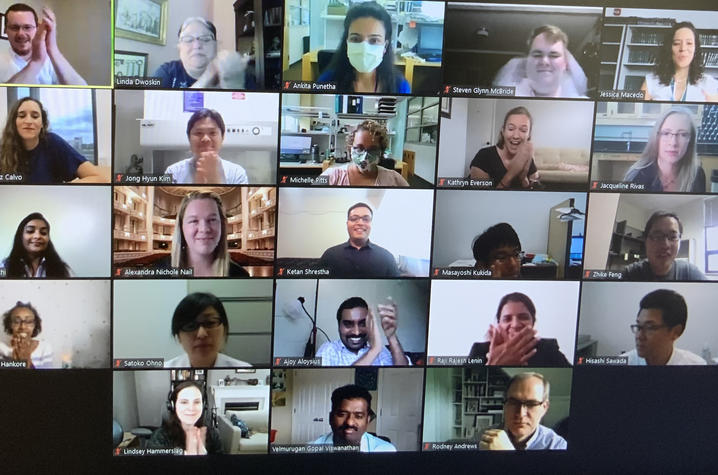
LEXINGTON, Ky. (Aug. 18, 2020) — The University of Kentucky Society of Postdoctoral Scholars (SOPS) hosted their first Research Pitch Competition where 19 postdocs and fellows showcased their research with one-minute elevator pitches.
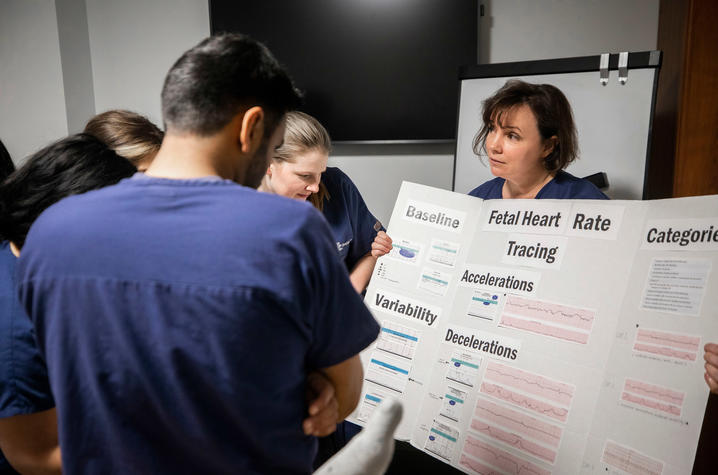
Six of the University of Kentucky’s passionate and accomplished educators were recently surprised by student nominators and the UK Alumni Association as 2020 Great Teacher Award recipients.
Dr. Emily Cunningham is one of this year’s Great Teacher recipients.
Cunningham is an associate professor in the department of obstetrics and gynecology in the UK College of Medicine.

What makes a good teacher a great one? University of Kentucky students were eager to share their opinions about the best teacher in their lives, nominating them for one of the most esteemed awards on campus. The UK Alumni Association 2020 Great Teacher Award was recently bestowed upon six University of Kentucky educators. Initiated in 1961, UK’s Great Teacher Award is the longest-running UK award recognizing teaching. In order to receive the award, educators must first be nominated by a student.
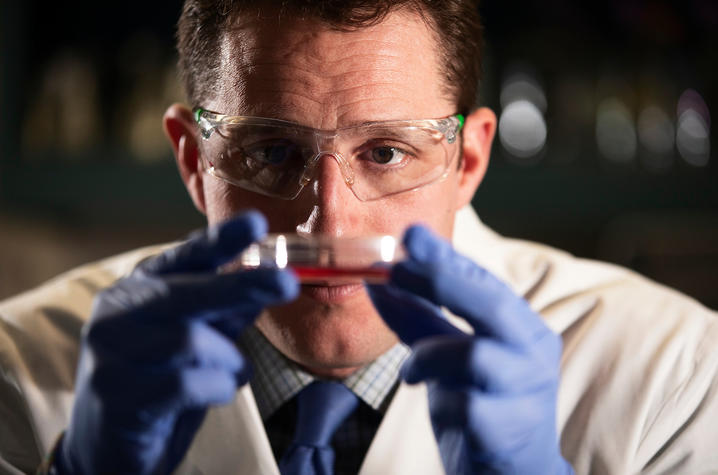
University of Kentucky researchers have identified a potential cellular mechanism that connects a mother's smoking while pregnant with an increased risk in the offspring's obesity later in life.
Obesity is considered an epidemic in the U.S., with nearly 35 percent of adults and 20 percent of children six to 19 years old deemed obese. Obesity is a serious economic burden as well: more than $150 billion is spent annually on obesity-related healthcare costs in the U.S. alone.

A fundraising effort that began with an impassioned plea from one extension homemaker to her peers has positively impacted Kentucky women and the University of Kentucky for the past 40 years.
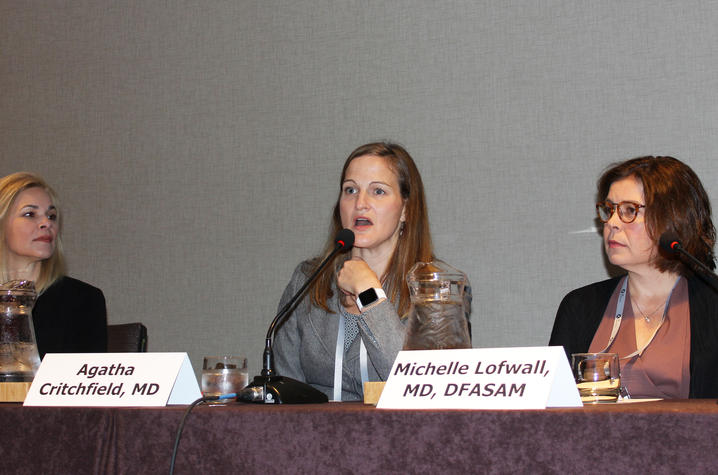
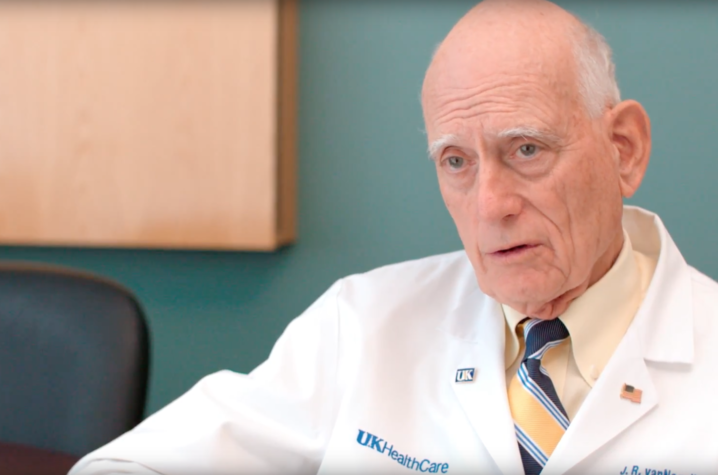
As a native of Oldham County, the University of Kentucky has always been close to Dr. John van Nagell's heart.
To begin his medical career, van Nagell went Northeast to earn an undergraduate degree at Harvard University and a medical degree from the University of Pennsylvania, but says he was always looking to come back to Kentucky.
"I always wanted to come home," van Nagell said. "And when it came time for me to decide where I wanted to undergo further training, the University of Kentucky had just opened an outstanding new medical center."



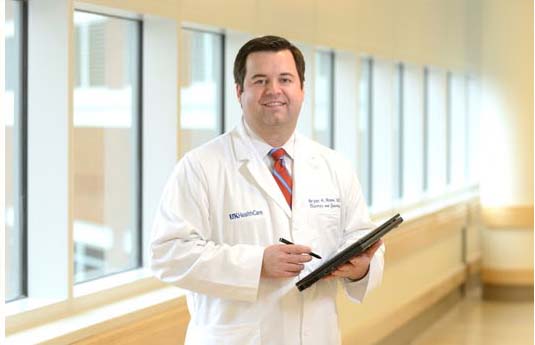


To draw attention to the importance of ovarian cancer screening, Kentucky First Lady Jane Beshear joined Kentucky’s female legislators to highlight results from the University of Kentucky Markey Cancer Center's Ovarian Cancer Screening Program. The screening program is an ongoing, 26-year research study showing that annual screening continues to detect ovarian cancer at an earlier stage than is possible with a clinical examination.

Dr. Linah Al-Alem is a postdoctoral scholar in the Curry lab. Originally from Jordan, she has a bachelor’s degree in Biological Sciences from the University of Jordan and a Master’s degree in Clinical Reproduction from the University of Kentucky. She earned her Ph.D. in Molecular and Biomedical Pharmacology at the University of Kentucky exploring biomarkers for ovarian cancer.

AMSTERDAM (MedPage Today) -- Patients with early breast cancer had significantly less lymphedema if they received axillary radiotherapy instead of surgical lymph node dissection, results of a randomized trial showed.
Axillary RT Cuts Edema in Breast Cancer Patients (CME/CE)

COPENHAGEN (MedPage Today) -- Stressful life events in childhood did not appear to increase the subsequent risk for multiple sclerosis (MS), researchers said here.
Childhood Stress Not a Likely Trigger for MS

COPENHAGEN (MedPage Today) -- Long-term treatment with serial onabotulinum toxin A (Botox) of urinary incontinence among multiple sclerosis (MS) patients appeared to be safe and effective, researchers reported here.
Repeat Botox OK for Urinary Incontinence in MS Patients

(MedPage Today) -- The risk of celiac disease was higher in children who were introduced to gluten after 6 months of age and in those breastfed longer than 12 months, a prospective birth cohort study found.
Timing Key When Introducing Gluten to Baby (CME/CE)